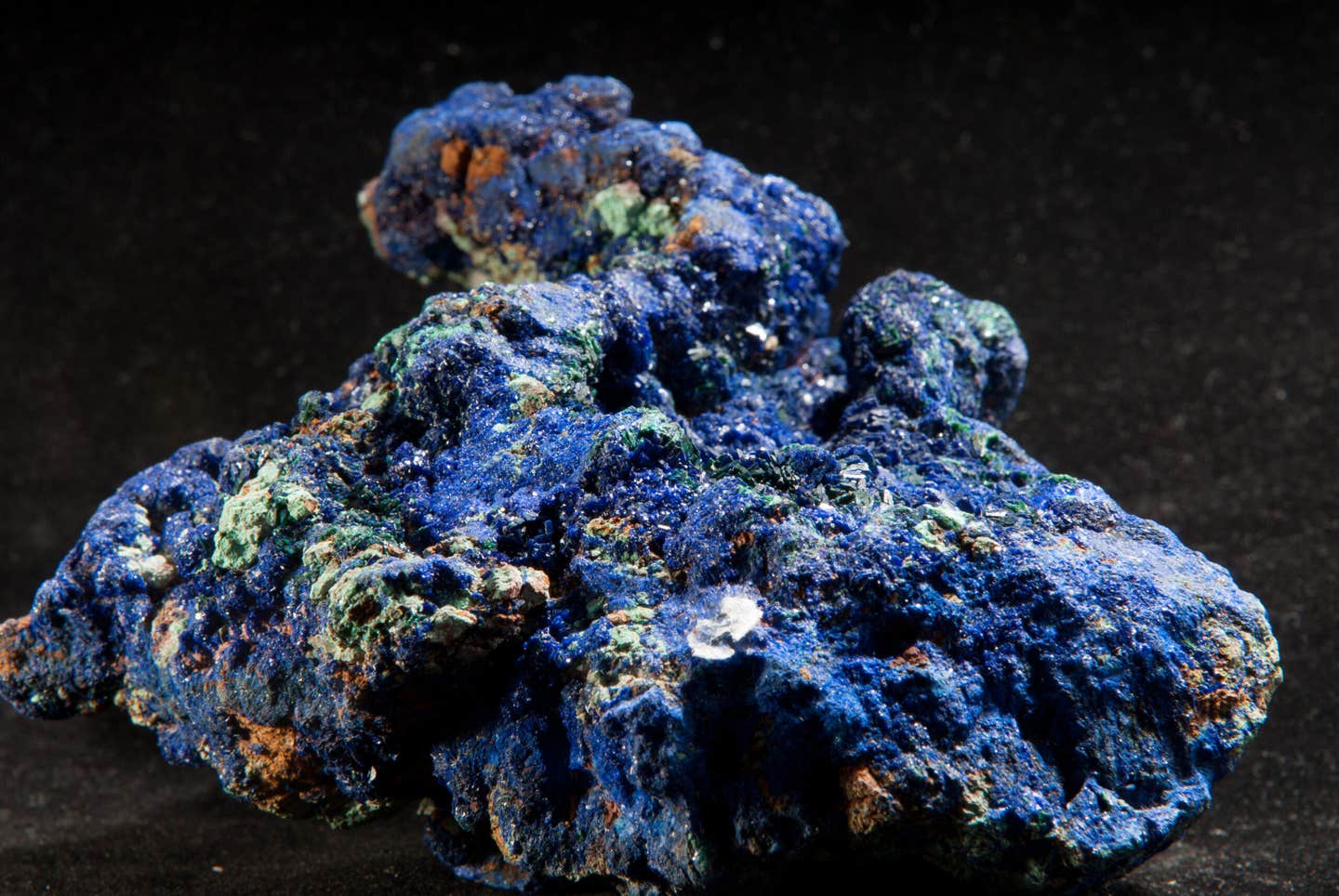People don’t need as much water per day as previously thought
Daily water needs vary from person to person, influenced by factors like age, activity level, and climate.

The popular “eight glasses a day” rule offers a simple guideline, but the reality is far more complex. (CREDIT: CC BY-SA 4.0)
Water keeps the body running, supporting everything from digestion to circulation. It makes up about 60% of the human body, playing a vital role in overall health. Despite its importance, there’s long been debate over how much water people actually need each day.
The popular “eight glasses a day” rule offers a simple guideline, but the reality is far more complex. Daily water needs vary from person to person, influenced by factors like age, activity level, and climate. A recent study challenges one-size-fits-all advice, providing new insights into how water moves through the body.
A Fresh Perspective on Hydration
Researchers at the Shenzhen Institute of Advanced Technology (SIAT) used isotope-tracking technology to measure water turnover—the total movement of water into and out of the body.
Their study, published in Science, analyzed 5,604 people from over 20 countries, spanning ages from infancy to 96 years. Unlike traditional estimates, these measurements provide a precise look at how much water different individuals actually use.
The findings reveal that water turnover rates vary widely. Young adult men typically process about 4.2 liters per day, while women between their 30s and 60s average 3.3 liters. However, much of this water comes from food and internal metabolic processes, meaning people may not need to drink as much as they think.
“The majority of people perhaps don’t need to drink eight glasses of water a day,” said Zhang Xueying, the study’s co-first author. In fact, researchers found that less than 45% of daily water turnover needs to come from beverages. This suggests that hydration comes from more than just what’s in a glass.
Customized Hydration Recommendations
To personalize water intake, the study introduced predictive equations that account for body size, activity level, and environmental conditions. Factors like air temperature, humidity, and altitude all influence water needs. “The equations can be applied worldwide,” Zhang explained. “Just input basic physiological indicators along with local temperature and humidity.”
Related Stories
Interestingly, people in countries with low Human Development Index (HDI) scores demonstrated higher water turnover than those in high-HDI nations. This finding underscores the importance of tailoring hydration recommendations to diverse populations and living conditions.
John Speakman, co-corresponding author, emphasized that these results pave the way for personalized hydration strategies. “This marks the first step toward a global understanding of individual water requirements,” he noted.
Key Determinants of Water Needs
Water needs are highly individualized. Age, gender, and health status significantly impact daily requirements. For example, children and elderly individuals generally require less water, while men need more than women due to larger body size and muscle mass.
Physical activity and climate also play crucial roles. In hot, humid environments, increased sweating elevates water turnover, necessitating higher fluid intake. Similarly, high-altitude living can heighten respiratory water loss.
Certain health conditions, such as kidney disease or diabetes, further influence hydration needs. Moreover, dietary habits affect water balance. Water-rich foods like fruits and vegetables contribute to hydration, while salty or sugary foods increase water demand.
The Risks of Dehydration
Failure to maintain adequate hydration can lead to dehydration, a condition with serious consequences. Mild dehydration may cause dry mouth, thirst, and darker urine, while severe cases can result in dizziness, confusion, and even organ failure.
Recognizing dehydration early is vital. Symptoms include persistent thirst, fatigue, and reduced urine output. Severe dehydration may require medical intervention.
Proper hydration extends beyond water consumption. A varied intake of fluids, including herbal teas and low-fat milk, can help meet daily needs. High-water-content foods, such as watermelon, cucumbers, and oranges, also play an essential role.
Conversely, limit sugary drinks like sodas and energy drinks. These not only fail to hydrate but can exacerbate dehydration. Alcohol should also be consumed cautiously, as it acts as a diuretic, increasing water loss.
Preventing dehydration involves regular fluid consumption throughout the day. This is especially critical during physical activity or exposure to heat. By combining fluid intake with a balanced, water-rich diet, you can maintain optimal hydration and support your body’s overall health.
Rethinking Global Water Guidelines
Current global water intake guidelines often rely on self-reported surveys or small laboratory studies, which lack precision. These methods struggle to capture the complex dynamics of water turnover across diverse populations. Zhang and her team stress the need for empirical, real-world data to refine public health recommendations.
This study’s findings could revolutionize how governments and organizations plan for water needs. During periods of crisis, such as heatwaves or natural disasters, accurate data on daily water intake can inform emergency responses, ensuring communities receive adequate hydration resources.
The SIAT-led study represents a significant leap forward in understanding human hydration. By offering a personalized approach to water intake, it challenges outdated norms and lays the groundwork for future research.
As Speakman noted, “Hydration science is evolving. We’re moving towards a more nuanced understanding of water’s role in health.” These advancements promise to improve global health policies, ensuring hydration strategies meet the unique needs of every individual.
Note: Materials provided above by The Brighter Side of News. Content may be edited for style and length.
Like these kind of feel good stories? Get The Brighter Side of News' newsletter.



